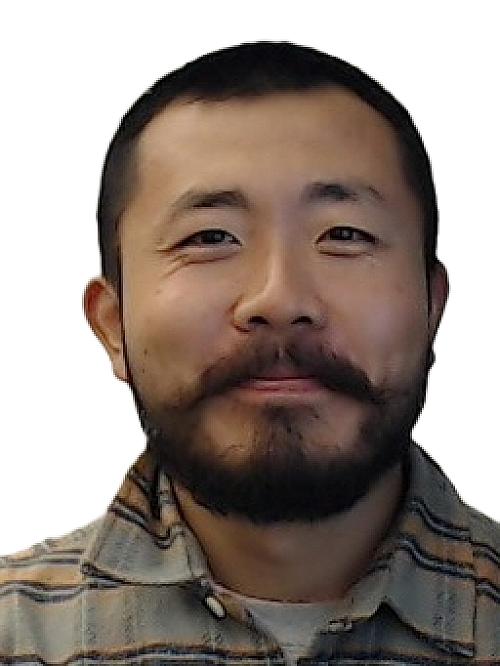Kai Wang
Contact
 Change your information
Change your information
Educational background and research interest
(2018 - 2021) Bachelor of Exercise and Sports Science, Deakin University (AUS)
(2021 - 2024) Master in Sport and Olympic Studies, University of Tsukuba (JP)
And Kai started his PhD journey at Jönköping University since November 2024.
When Kai was pursuing his undergraduate degree, he became really passionate about sports biomechanics and human locomotion, inspired by Eliud Kipchoge and his dedicated mission of breaking the 2-hour barrier in marathon. Since then, Kai has accumulated some experience working with different biomechanical equipment and assisted with several research projects that focus on walking and running biomechanics, exoskeleton, lifting performance, balance analysis etc. Now, Kai shifted the needle of his research interest slightly away from the sports world, and looked into conducting some meaningful research that would benefit other populations in the society, with his knowledge in human biomechanics and movement sciences.
Current research project
The aim of Kai's current project is to explore potential approaches to optimise the current upper-extremity prosthetic training process as the population with limb loss has been growing over the past decades, and no evidence-based rehabilitation guidelines based on established motor learning principles have been developed. With this aim in mind, Kai will especially be looking at the movement quality, movement variability, as well as the cognitive effort produced during the prosthetic training process. Can he help prosthesis users to learn faster?
What else
If you cannot find Kai in the biomechanics lab or his office, he might be in the process of making some tasty coffee, delish bread, or interesting prosthesis. Or, he just decided to take some walk.

